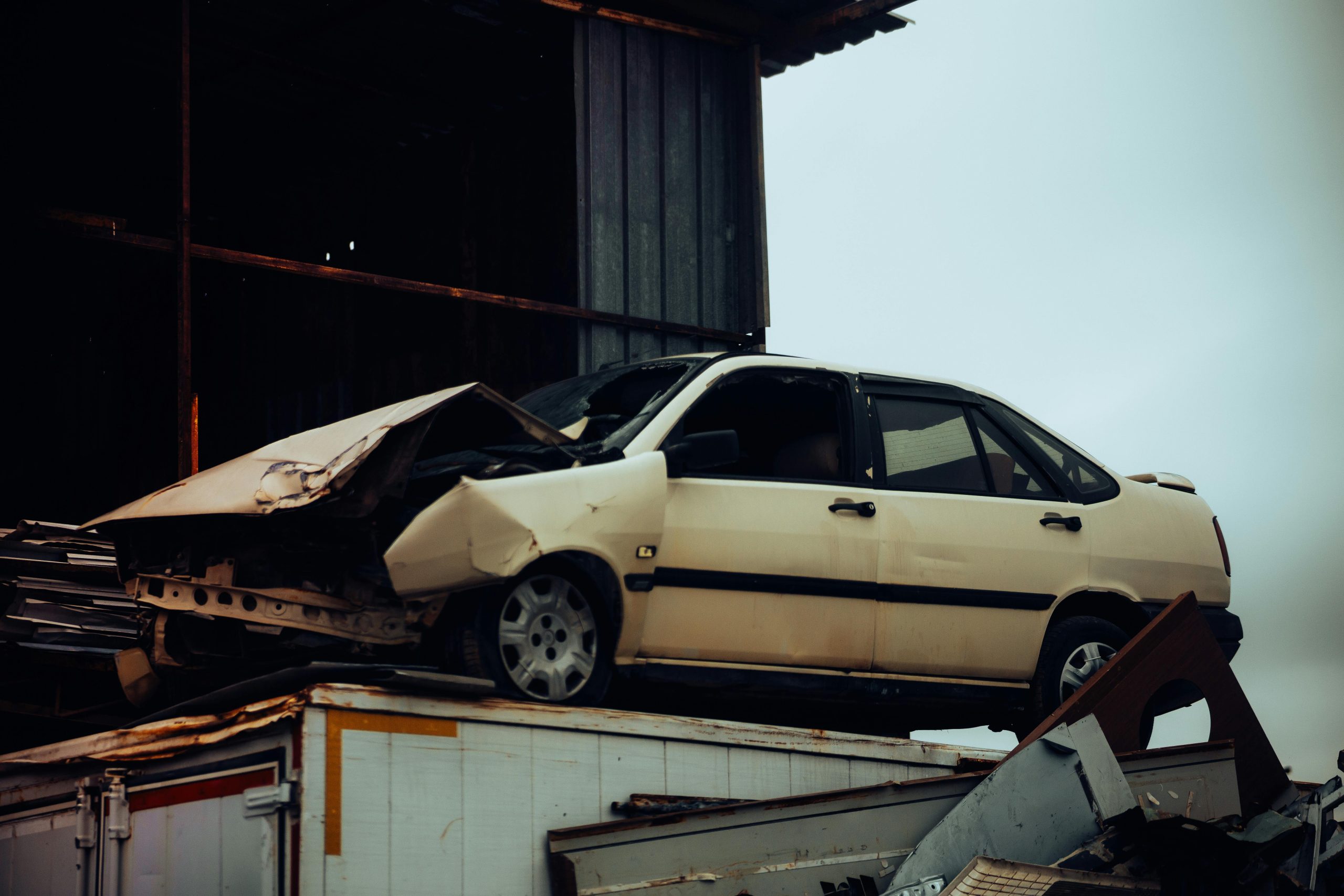Understanding Post-Accident Car Repair Challenges: What You Need to Know
Navigating post-accident vehicle repairs can often be complex, especially when unforeseen issues arise after initial fixes. Recently, a vehicle owner encountered such difficulties following a rear-end collision, highlighting important considerations for drivers and vehicle owners alike.
Case Study: When Repairs Lead to Unexpected Problems
A vehicle was involved in a rear-end collision, and the responsible party’s insurance accepted liability. The claim was processed, and the vehicle was sent to an approved repair facility to address damage primarily to the rear bumper and backup camera.
However, after ongoing delays, the vehicle owner was informed that the car was ready for pickup—only to discover upon return that the car refused to start. The repair shop cited an electrical wiring problem as the cause but refused responsibility, advising the owner to arrange and cover the cost of towing and repairs independently.
Background Details
Pre-accident, the vehicle operated flawlessly. It was driven directly to the repair shop without any issues. Post-repair, diagnostic tests confirmed that the only problem was the damaged components slated for replacement—the bumper and backup camera. The electrical habitability was verified to be normal prior to repairs.
Post-Repair Dispute and Unforeseen Challenges
The repair shop’s claim shifted responsibility away from their work, asserting that the electrical issue was unrelated to the initial collision repair. Subsequently, the vehicle owner contacted the at-fault driver’s insurance, only to be told that they are not liable for additional damages or repairs—leaving the owner to face a non-starting vehicle and a potentially costly electrical issue with no clear resolution.
Key Takeaways for Vehicle Owners
This scenario underscores the importance of:
-
Thorough Documentation: Keep detailed records of the vehicle’s condition before and after repairs.
-
Clear Communication: Ensure repair shops and insurance companies are transparent about the scope of work and potential issues.
-
Understanding Insurance Limitations: Recognize that liability may not cover all subsequent damages or problems arising after initial repairs.
-
Seeking Expert Opinion: Consider consulting an independent mechanic or electrical specialist to diagnose post-repair issues objectively.
Legal and Practical Options
If you find yourself in a similar situation, consider the following steps:
- Review Your Repair Agreement: Understand what liabilities the repair shop assumes and whether warranties or guarantees apply.
- Get an Independent Inspection: A certified mechanic can assess whether the electrical problem stems from the recent repairs or pre-existing conditions.
3



